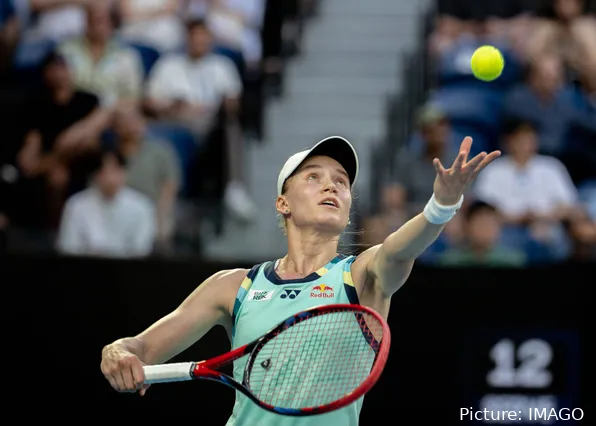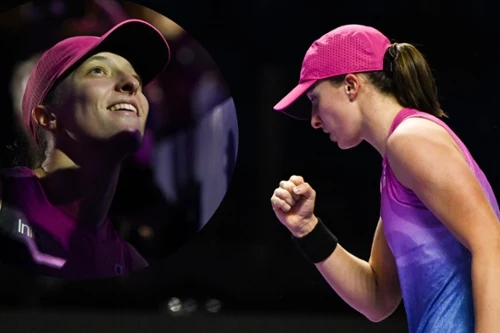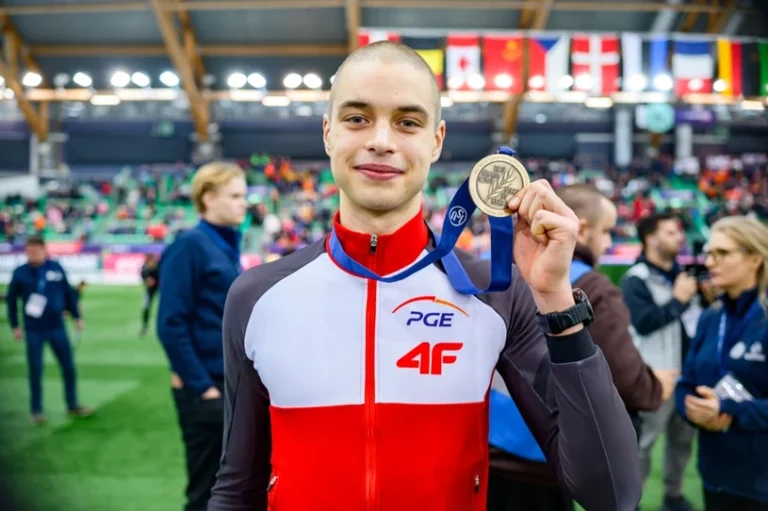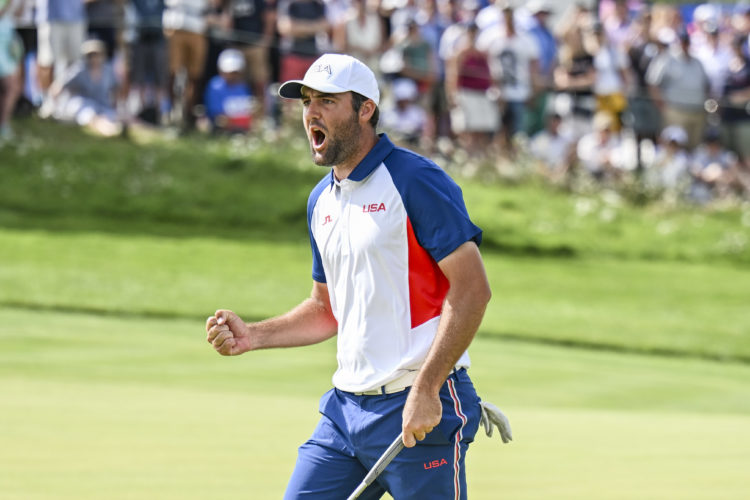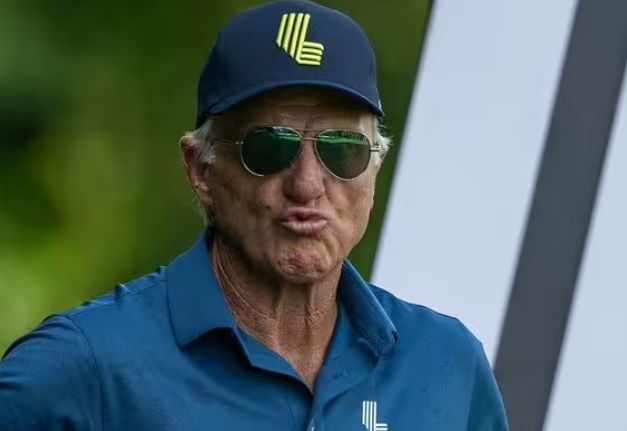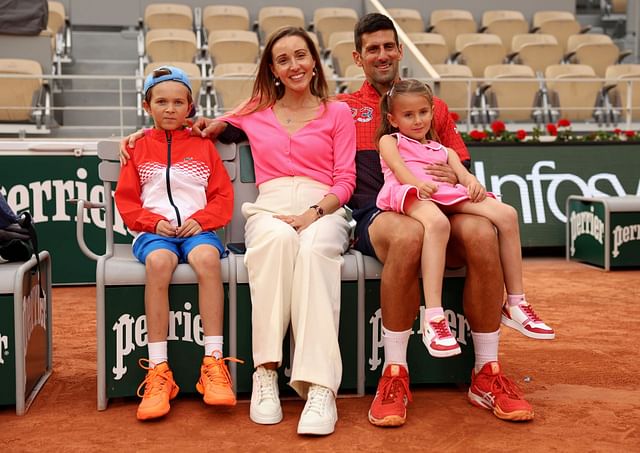“Elena Rybakina Exposed: The Shocking Weakness Holding Her Back on the Court!”
Elena Rybakina Exposed: The Shocking Weakness Holding Her Back on the Court!
Elena Rybakina, the rising star of women’s tennis, has been making waves with her explosive game, precision serves, and calm demeanor under pressure. With a Wimbledon title to her name and a steady climb in the rankings, Rybakina has established herself as a serious contender on the WTA tour. But despite her undeniable strengths, critics and experts have started to notice one significant flaw in her game that could prevent her from reaching the absolute peak of her potential.
In recent months, insiders have pointed out that Rybakina has a tendency to avoid playing defense — a crucial aspect of modern tennis, especially against the elite competition she frequently faces. Many believe that her reluctance to engage in prolonged defensive rallies could be a tactical gap that the top players are learning to exploit. But why does one of the tour’s hardest hitters avoid defensive play, and how could it be holding her back?
The Power Game: Rybakina’s Strength and Her Achilles’ Heel
Rybakina’s game is built on power. Her serves and groundstrokes are consistently fast and flat, which has helped her dominate many matches with sheer aggression. When she’s dictating points, there are few players who can match her firepower. Her forehand and backhand can crush winners from almost anywhere on the court. But what happens when opponents force her out of her comfort zone and put her on the back foot?
That’s where the cracks start to show. Rybakina often seems uncomfortable when drawn into longer rallies or forced to defend against aggressive opponents. Rather than using a patient, defensive strategy to regain control of the point, she tends to go for low-percentage shots, leading to more unforced errors.
One prominent tennis analyst remarked, “She doesn’t want to play defense. It’s not just a preference, but almost a refusal to adjust her strategy, even when the match situation demands it. This can be a major flaw when facing the likes of Iga Świątek or Aryna Sabalenka, who excel at grinding down opponents.”
Why Defense Matters
In today’s competitive landscape, top-tier players need to excel in every area of the game. Gone are the days when just having a powerful serve or one dominant shot could secure a Grand Slam title. Now, versatility is the name of the game, and that includes the ability to shift between offense and defense seamlessly.
Look at players like Świątek or Novak Djokovic, both masters of turning defense into offense. They can absorb an opponent’s pressure, staying patient until the right moment to counterattack. This ability frustrates opponents and forces them into errors. For Rybakina, lacking this flexibility means she struggles when the match isn’t entirely on her terms.
The Consequences
This reluctance to play defense might be the reason Rybakina sometimes falls short in crucial matches. When facing opponents who can keep her on the move and resist her powerful strokes, she has been prone to breakdowns, often losing momentum during critical moments.
In some matches, it’s evident that players target this perceived vulnerability. By pushing Rybakina deep into the corners or hitting with variety to disrupt her rhythm, they capitalize on her defensive shortcomings. It’s not a question of her talent—few can match her raw power—but of strategy. Tennis isn’t just about hitting winners, but about constructing points and adapting to different situations on the court.
Can Rybakina Fix This?
It’s not too late for Rybakina to improve her defensive game. Many players have successfully evolved their playing style as they matured, learning to embrace more patient, tactical tennis without sacrificing their offensive strengths. Her coach and team are likely aware of these gaps, and with the right adjustments, she could add a dangerous new layer to her game.
In fact, there have been glimpses of Rybakina trying to incorporate more defensive play into her matches, especially in tight contests against other top-10 players. The key for her moving forward will be developing the mental and physical stamina to defend more consistently, even when it goes against her natural instincts to attack.
The Road Ahead
Rybakina has already proven that she has what it takes to win at the highest level. But as she faces increasingly tough competition, especially in an era dominated by all-court players like Świątek, Sabalenka, and Jessica Pegula, mastering her defensive play could be the difference between being a perennial contender and solidifying her place as a multi-time Grand Slam champion.
The next time Rybakina steps onto the court, fans and analysts alike will be watching closely to see if she’s made adjustments. Will she continue to rely on her power to dictate matches, or will she show that she can hang tough in defensive exchanges, emerging as a more complete player? Only time will tell, but one thing’s for sure: The tennis world is paying attention.
